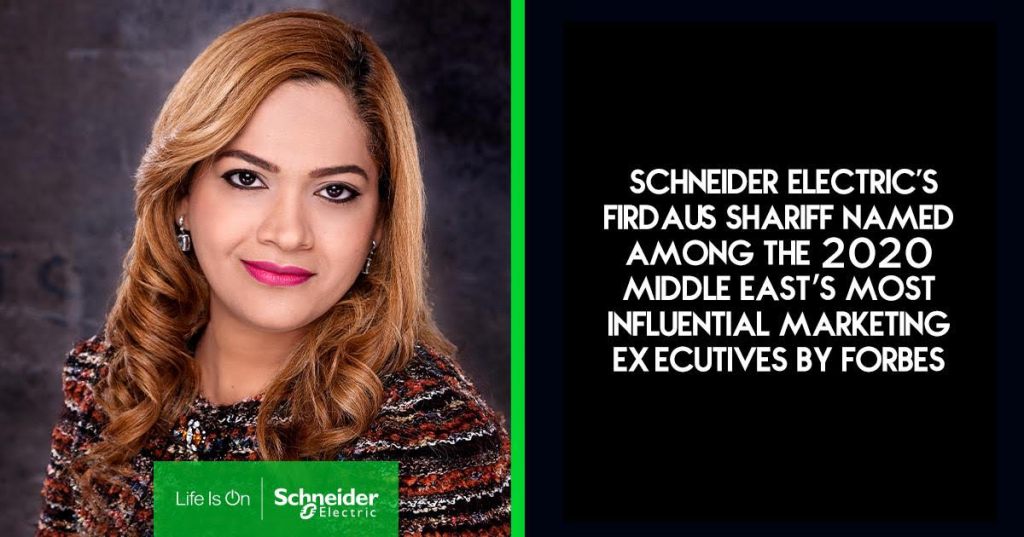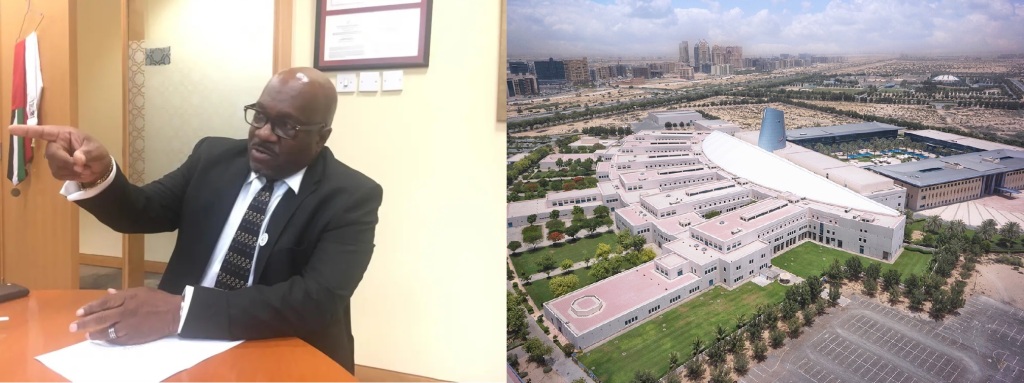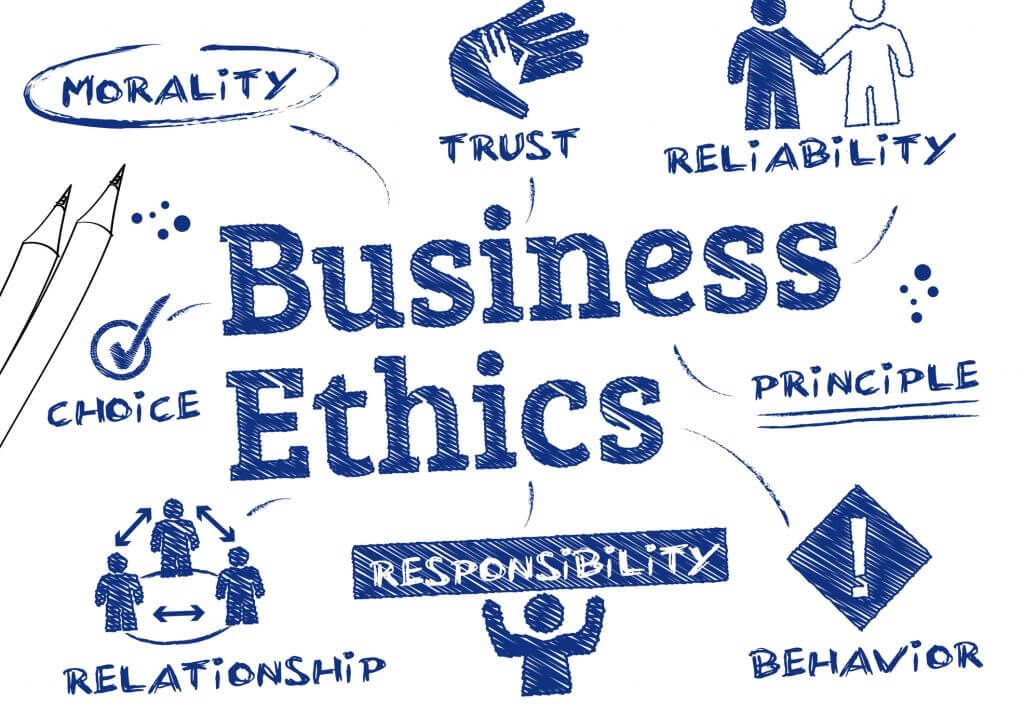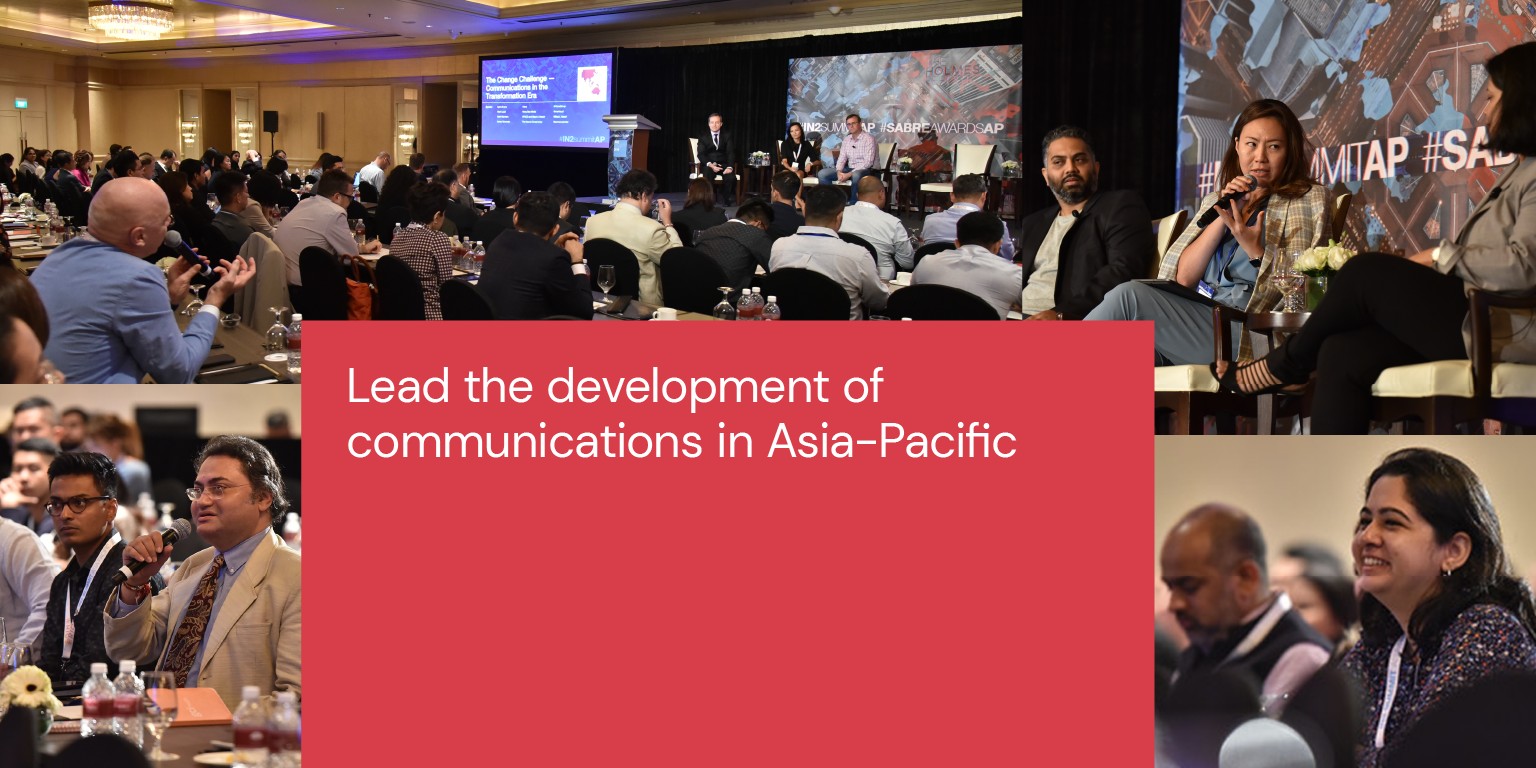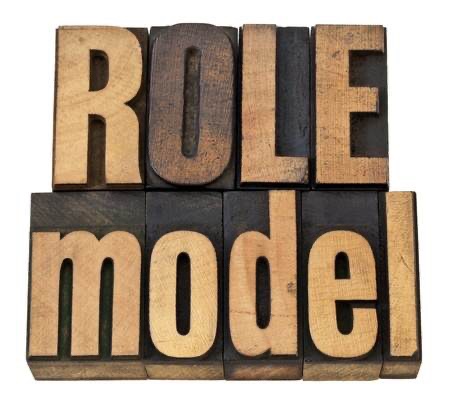
It’s the end of the year, and that means awards. There’s one which is always steeped in mystery, that of the individual award. Be it a fellowship or an individual merit award, the process to decide who gets what isn’t often clear. Most are nominated by a group who then choose the final name. It’s also often unclear as to what these people are being chosen for, and little information is published after the purpose. There’s little in the way of openness, transparency or understanding of why these people represent the best in the industry. What you do see is those deciding who is awarded often choosing people they know personally, or people who reflect them, or (as is often the case) there’s a financial reason for the decision.
This year’s awards were no different, with little reasoning as to why anyone was chosen. There’s also an over reliance on people based in the UAE. While I understand that the country is home to much of the region’s multinationals and regional agency HQs, it’s not representative of the wider region. Just look at what is happening in terms of development in Saudi Arabia, global events such as the Qatar World Cup, or regional media powerhouses like Egypt and Lebanon. This is but a sample or what is happening through the Middle East’s marcomms sector.
Given the diversity of the region, those behind such awards need to do much more to reach beyond the UAE’s borders and find those from the Middle East who have both achievements to their name and who can represent role models to the next generation of marketers and communicators.
I’d hope that the media and the groups behind such awards consciously consider the need to honor professionals from across the region, especially those who have major achievements to their name and who have supported the growth of their colleagues. It also needs to be clear to the audience why these people are being called out, with a transparent process.
Of course, there’s also the issue of those being awarded having upstanding values (with a focus on ethics and morality). But that’s a separate blog post…
Based on the above, who is your role model? Who would you nominate for an individual achievement award? I’m curious to hear your thoughts.

